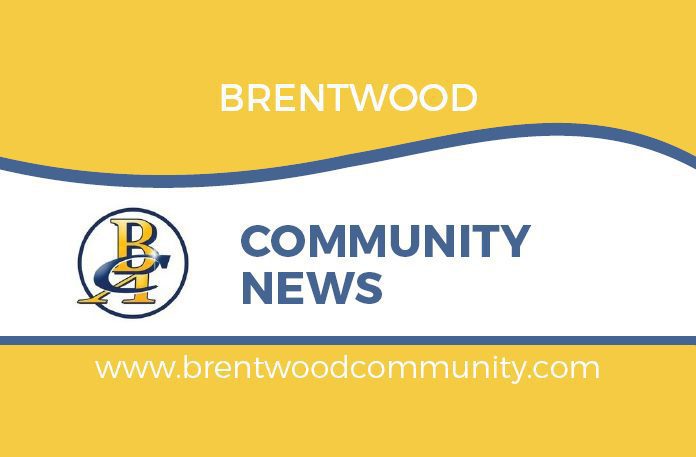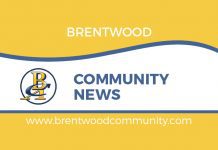by Rosemary Brown
A Grandmother Begins the Story interweaves several narratives by award-winning author, poet, and journalist Michelle Porter, a member of the Manitoba Métis Federation who teaches creative writing and Métis literature at Memorial University in St. John’s.
Her characters span five generations of women. Else or “Mame” is in the afterlife; her daughter Genevieve is dying of cancer; her granddaughter Lucy wishes to die; her great granddaughter Allie is estranged from her mother Lucy and gave her daughter Carter up for adoption; and finally, there is Carter herself. Also present with consciousness and voice are a bison, the Earth, and even Genevieve’s car. Once one figures out the relationships the novel moves along at a rapid pace, from one short tale to the next and back again.
Along the way many important themes are touched on: the impact of the disappearance of the bison herds on the grasslands, residential schools, the child welfare system, intergenerational trauma, marital and family relationships, motherhood, the importance of music, and the loss of and search for identity and family.
Porter packs a lot into these interconnected slices of life and is well worth reading.
The other Settlers’ book club selection was Becoming Kin: An Indigenous Call for Understanding the Past by Patty Krawec. Krawec, of Anishinaabe and Ukrainian descent, is from the Lac Seul First Nation in Ontario and is host of the podcast Medicine for the Resistance.
In the foreword Nick Estes, an Indigenous scholar and activist from the US, sketches the terrible toll that colonization and capitalism have wreaked on the world, especially when it comes to economic disparity and climate change. He refers to those who have amassed wealth from these processes as the “fat takers.”
Krawec paints a path forward, one grounded in understanding the past and how we came to be in the situation we find ourselves today. The first part of her book is a recapitulation of the impact of ongoing colonization in the US and Canada: many of the themes are familiar but addressed in new ways.
At the heart of colonization and the ensuing economic disparity and environmental degradation is the dispossession of Indigenous peoples from their lands. This was based on very different attitudes and understandings towards land and the relationship Indigenous peoples have with it. For Europeans, the land was a commodity with resources to be extracted, and economic progress was to be based on accumulation instead of sharing.
Colonization and the commodification of land “severed Indigenous relations with the land and the land’s relation to the Creator.” Colonization has meant “endless cyclical losses—of lives, lands, and histories.” This has led to intense feelings of grief, not only for people but the land itself.
For Krawec, the land expresses grief through flooding and fires and dust. But “grief is the persistence of love” and it is in this sprit that Krawec writes that settlers have two paths or roads before them—one is green and lush, and the other is barren. Choosing the green and lush road entails “Becoming Kin”, building different relations with the land and its life, and especially Indigenous peoples.
What does “Becoming Kin” mean? Krawec states that “Land Back” means “sharing and changing our relationship to the land. Decolonization involves returning some land and changing our behaviour towards the land. We also need to stand in solidarity with Indigenous peoples when they engage in protest to defend their lands.” As Nick Estes says, “land defenders are the ancestors of the future.”
Becoming Kin with Indigenous peoples means building relationships with them and “putting our stories together,” including those of our ancestors. Not doing so means the continuation of “siloed identities and erasure.”
She argues that we need to claim all our ancestors and their legacies, even if problematic. Coming to grips with the historical relationship when becoming kin involves “having difficult conversations.” She points out that while many of our ancestors came here fleeing oppression, Indigenous peoples had nowhere to flee the oppression of colonization.
Krawec also says that “being a settler or colonizer is not what we are but what we do. We are not responsible for past colonization, but we are responsible for addressing the consequences. And it is being accountable that frees us to act.”
She suggests the following possible actions for building relations:
• Go to where Indigenous people gather
• Listen
• Stand alongside Indigenous peoples in their campaigns for justice
• Volunteer
• Speak to and organize the people around us
• Join Indigenous-led groups
• Write letters, speak out, and donate
Krawec offers more insights and ways to think about our historical and present relations with the land and Indigenous peoples. The divergent paths, one green and lush and the other barren, lie before us. What choice will we make?
Click here to the Brentwood Community News home page for the latest Brentwood community updates.











